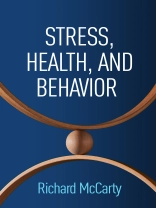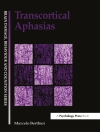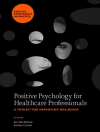Exposure to stressful life experiences can disrupt key regulatory systems in the body and contribute to a variety of negative health outcomes. This authoritative text takes a biopsychosocial approach to understanding the role of stress in alcohol use disorder, posttraumatic stress disorder, depression, cardiovascular disease, type 2 diabetes, cancer, and other chronic diseases. It presents cutting-edge knowledge about how stressors are conceptualized and measured; connections to disease processes; systemic racism as a significant, ongoing stressor for people of color; and factors that promote resilience. For each of the disorders discussed, proven and promising stress-targeted clinical interventions are reviewed. Student-friendly features include an end-of-book glossary and an extensive bibliography to facilitate in-depth study of selected topics of interest.
Cuprins
Preface
1. Historical Aspects of the Stress Field
2. Biological Measures of Stress
3. Behavioral Measures of Stress
4. Stress and Alcohol Use
5. Posttraumatic Stress Disorder
6. Stress and Depression
7. Stress and Cardiovascular Disease
8. Stress and Diabetes
9. Stress and the Gastrointestinal System
10. Stress and Cancer
11. Stress and Infectious Diseases
12. Systemic Racism as a Stressor
13. Resilience
Glossary of Terms
References
Index
Despre autor
Richard Mc Carty, Ph D, is Research Professor of Psychology at Vanderbilt University, where he has taught undergraduate courses in stress and health since 2015. Dr. Mc Carty started his academic career at the University of Virginia and previously served as Dean of the College of Arts and Science and Vice Chancellor for Academic Affairs and Provost at Vanderbilt. He has published several books and more than 200 articles and book chapters. Dr. Mc Carty is a Fellow of the American Psychological Association, the Association for Psychological Science, and the American Association for the Advancement of Science.












